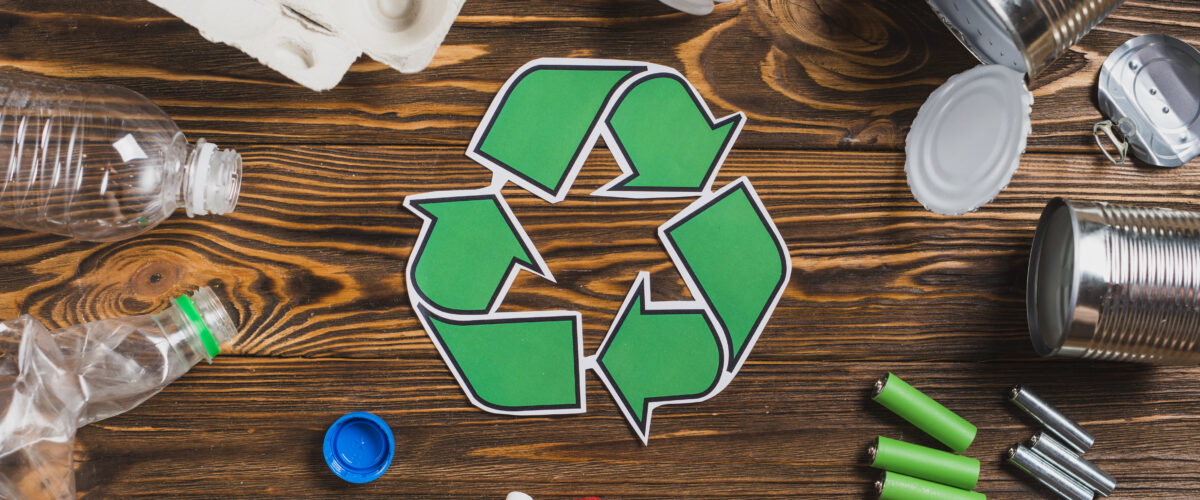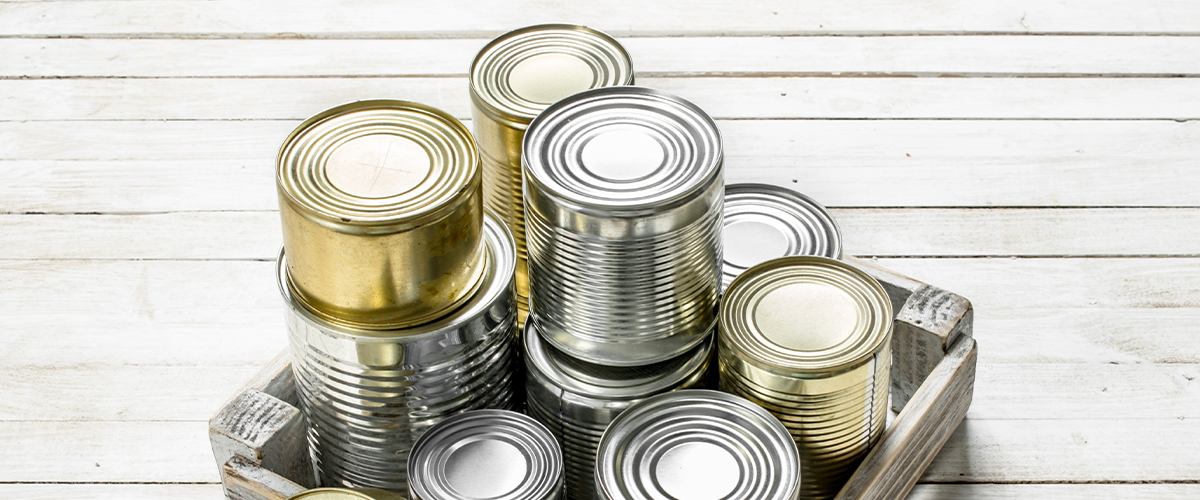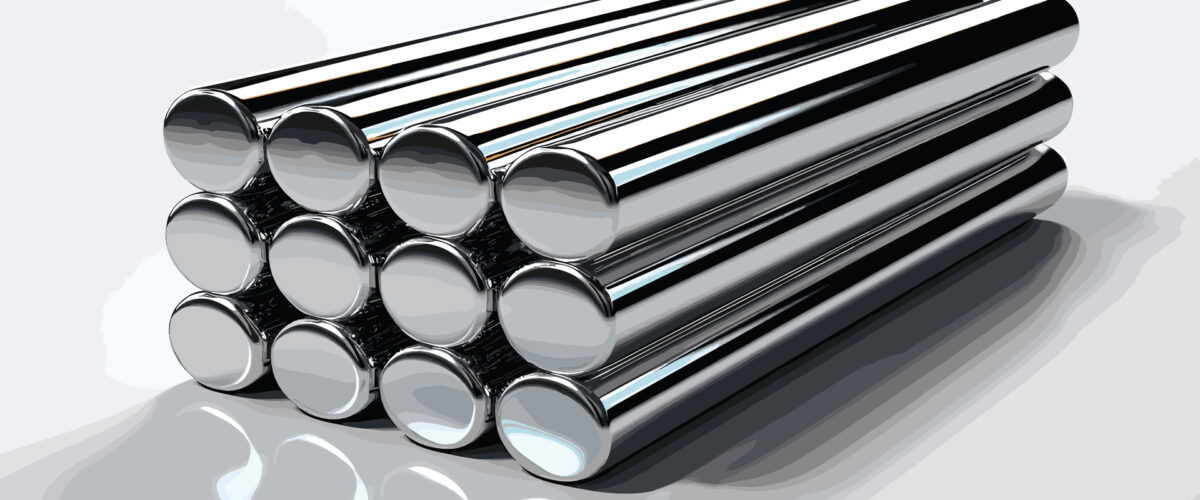Introduction
Recycling aluminum cans is a simple yet powerful act that has significant environmental, economic, and social benefits. At Arizo Global, we are committed to sustainability and environmental stewardship. In this blog, we will delve into the importance of recycling aluminum cans and how it aligns with our mission to create a greener and more sustainable future.
Environmental Benefits
1. Conservation of Natural Resources
Recycling aluminum cans conserves natural resources by reducing the need for raw materials. Aluminum is derived from bauxite ore, which involves extensive mining and processing. By recycling, we can significantly cut down on the extraction of bauxite, preserving natural landscapes and reducing the environmental impact of mining activities.
2. Energy Savings
Recycling aluminum saves a substantial amount of energy compared to producing new aluminum from raw ore. The recycling process requires only about 5% of the energy used in primary aluminum production. This energy saving translates to a reduction in greenhouse gas emissions, contributing to the fight against climate change.
3. Reduction of Landfill Waste
Aluminum cans are one of the most recyclable materials, yet many still end up in landfills. Recycling these cans reduces the volume of waste sent to landfills, minimizing soil and water pollution and extending the life of landfill sites. This is crucial for managing waste sustainably and protecting the environment.
Economic Benefits
1. Job Creation
The recycling industry is a significant source of employment. From collection and sorting to processing and manufacturing, recycling aluminum cans creates jobs at various stages. By supporting recycling initiatives, Arizo Global contributes to local economies and promotes sustainable employment.
2. Cost Efficiency
Recycling aluminum is economically advantageous. The cost of recycling aluminum is much lower than producing new aluminum from raw materials. This cost efficiency benefits both the recycling industry and manufacturers, leading to lower production costs and savings that can be passed on to consumers.
3. Market Demand
There is a strong market demand for recycled aluminum, driven by its widespread use in packaging, automotive, construction, and other industries. By recycling aluminum cans, we ensure a steady supply of raw material for these industries, supporting economic stability and growth.
Social Benefits
1. Community Engagement
Recycling programs foster community engagement and awareness about environmental issues. By participating in aluminum can recycling, communities can come together to make a positive impact. Educational initiatives can further promote recycling habits, instilling a sense of responsibility and environmental consciousness.
2. Support for Charitable Causes
Many recycling programs support charitable causes, with proceeds from recycled aluminum cans going to various social initiatives. By recycling, individuals and organizations like Arizo Global can contribute to social welfare projects, benefiting communities and making a difference beyond environmental impact.
Arizo Global’s Commitment to Recycling
At Arizo Global, we prioritize sustainability in our operations and encourage recycling practices among our employees, partners, and customers. Our commitment to recycling aluminum cans is part of a broader strategy to reduce our environmental footprint and promote a circular economy. Here are some of the steps we take:
- Recycling Programs: Implementing comprehensive recycling programs within our facilities to ensure aluminum cans and other recyclable materials are properly disposed of.
- Education and Awareness: Conducting awareness campaigns to educate our stakeholders about the importance of recycling and the environmental benefits it brings.
- Partnerships: Collaborating with local recycling organizations and initiatives to support community recycling efforts and enhance our impact.
Conclusion
Recycling aluminum cans is a crucial practice that offers numerous environmental, economic, and social benefits. At Arizo Global, we are dedicated to promoting and supporting recycling initiatives as part of our commitment to sustainability. By recycling aluminum cans, we conserve natural resources, save energy, reduce waste, create jobs, and engage communities in environmental stewardship. Join us in our mission to create a greener, more sustainable future through the simple act of recycling aluminum cans.















